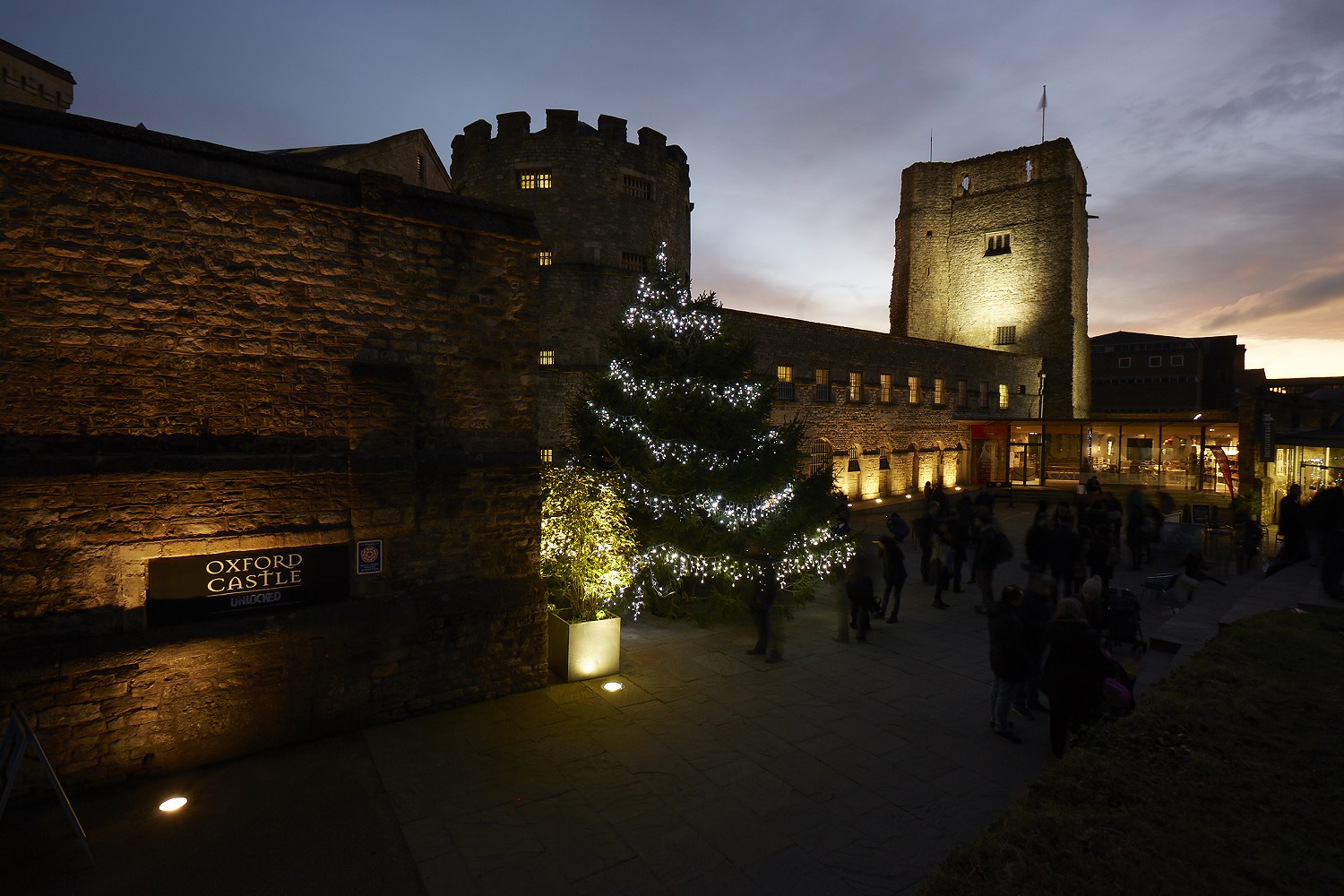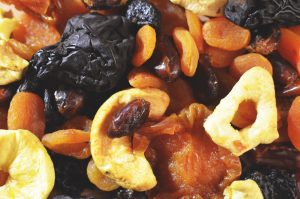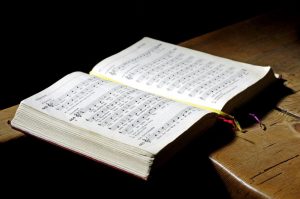 aaa
aaa
Don’t be saddened by the fact that Christmas is over and New Year’s Eve has passed, there is still an opportunity for you to have a party and indulge in festive treats: Twelfth Night and Epiphany are upon us!
Don’t be saddened by the fact that Christmas is over and New Year’s Eve has passed, there is still an opportunity for you to have a party and indulge in festive treats: Twelfth Night and Epiphany are upon us!
Twelfth Night on January the 5th and Epiphany on the 6th have been celebrated since the early Medieval Period, for many years being even more significant than Christmas Day. Twelfth Night marked the end of the Christmas season and the Eve of Epiphany, which celebrated the day the Three Kings, or Wise Men, arrived in Bethlehem to greet the new born baby. The word ‘epiphany’ is derived from a Greek word meaning ‘manifestation’ or ‘striking appearance’. [1]
 The predominant theme of Twelfth Night was the overturning of the normal way of things. Servants became masters, men dressed as women and vice versa. At the beginning of the Christmas season a Lord of Misrule was appointed to run the festivities and this night was the climax of his rule, before the usual hierarchy was restored. In another variation of this tradition, the Lord of Misrule, or King of the festivities, would be determined on Twelfth Night itself. An important element of the event was the Twelfth Night cake, traditionally a fruit cake with a bean or trinket hidden inside. Some believed that whoever’s slice contained it would have good fortune; alternatively whoever found the bean would be the King. Sometimes a pea would also be hidden, and whoever found this would be the Queen. [2] The night was filled with food, games, dances and performances, including those by Mummers.
The predominant theme of Twelfth Night was the overturning of the normal way of things. Servants became masters, men dressed as women and vice versa. At the beginning of the Christmas season a Lord of Misrule was appointed to run the festivities and this night was the climax of his rule, before the usual hierarchy was restored. In another variation of this tradition, the Lord of Misrule, or King of the festivities, would be determined on Twelfth Night itself. An important element of the event was the Twelfth Night cake, traditionally a fruit cake with a bean or trinket hidden inside. Some believed that whoever’s slice contained it would have good fortune; alternatively whoever found the bean would be the King. Sometimes a pea would also be hidden, and whoever found this would be the Queen. [2] The night was filled with food, games, dances and performances, including those by Mummers.

Wassailing took the place of carolling; singers carried a bowl from door to door as they sang, asking those who heard them to add some form of drink, such as mulled cider or ale to it. The resulting concoction was often referred to as “Lamb’s wool”, because it had a white froth on top. Pieces of toast were floated in the mixture also, and to find one in your cup was considered lucky. This may well be where the term “toasting” originates from.[3] The word ‘wassail’ is derived from the Old English ‘wes hal’ which means ‘to be fortunate’ or ‘in good health’. In Robert Herrick’s Hesperides; or, The works both humane & divine of Robert Herrick Esq (1st edition, 1648), he writes “Wassaile the Trees, that they may beare You many a Plum, and many a Peare”.[4] This refers to the tradition of toasting or pouring some of the accrued liquid onto apple trees to bring a good harvest.
As well as a time of great celebration, alas Twelfth Night marked the end of the Christmas season; the first Monday after Epiphany was Plough Monday, which marked the beginning of the ploughing season and the return to work. All Christmas decorations were to be removed by midnight, or misfortune would fall upon that house.[5]
So don’t bemoan the end of Christmas just yet, plan a Twelfth Night party with a grand feast and prolong that holiday feeling!
Step inside and do 1,000 years of time with a visit to Oxford Castle & Prison. Book now: https://bookings.oxfordcastleandprison.co.uk/book
[1] “epiphany, n.2”. OED Online. December 2016. Oxford University Press. http://www.oed.com/view/Entry/63447?rskey=RNECr4&result=2&isAdvanced=false [accessed 09/12/16]
[2] Derry, Johanna, Let’s bring back the glorious food traditions of Twelfth Night http://www.telegraph.co.uk/food-and-drink/features/lets-bring-back-the-glorious-food-traditions-of-twelfth-night/(04/01/16)[accessed 16/12/16]
[3] Hollignshead, Ian, Whatever happened to…wassailing? https://www.theguardian.com/uk/2005/dec/24/christmas.comment3 (24/12/05) [accessed 16/12/16]
[4] “wassail, v.”. OED Online. December 2016. Oxford University Press. http://www.oed.com/view/Entry/226013 [accessed 16/12/16]
[5]Beckford, Martin, Christmas ends in confusion over when Twelfth Night falls http://www.telegraph.co.uk/news/religion/4126725/Christmas-ends-in-confusion-over-when-Twelfth-Night-falls.html (06/01/09) [accessed 16/12/16]


| Cookie | Duration | Description |
|---|---|---|
| cookielawinfo-checkbox-advertisement | 1 year | Set by the GDPR Cookie Consent plugin, this cookie is used to record the user consent for the cookies in the "Advertisement" category . |
| cookielawinfo-checkbox-analytics | 11 months | This cookie is set by GDPR Cookie Consent plugin. The cookie is used to store the user consent for the cookies in the category "Analytics". |
| cookielawinfo-checkbox-functional | 11 months | The cookie is set by GDPR cookie consent to record the user consent for the cookies in the category "Functional". |
| cookielawinfo-checkbox-necessary | 11 months | This cookie is set by GDPR Cookie Consent plugin. The cookies is used to store the user consent for the cookies in the category "Necessary". |
| cookielawinfo-checkbox-others | 11 months | This cookie is set by GDPR Cookie Consent plugin. The cookie is used to store the user consent for the cookies in the category "Other. |
| cookielawinfo-checkbox-performance | 11 months | This cookie is set by GDPR Cookie Consent plugin. The cookie is used to store the user consent for the cookies in the category "Performance". |
| PHPSESSID | session | This cookie is native to PHP applications. The cookie is used to store and identify a users' unique session ID for the purpose of managing user session on the website. The cookie is a session cookies and is deleted when all the browser windows are closed. |
| viewed_cookie_policy | 11 months | The cookie is set by the GDPR Cookie Consent plugin and is used to store whether or not user has consented to the use of cookies. It does not store any personal data. |
| Cookie | Duration | Description |
|---|---|---|
| _ga | 2 years | The _ga cookie, installed by Google Analytics, calculates visitor, session and campaign data and also keeps track of site usage for the site's analytics report. The cookie stores information anonymously and assigns a randomly generated number to recognize unique visitors. |
| _gat_UA-9822230-4 | 1 minute | A variation of the _gat cookie set by Google Analytics and Google Tag Manager to allow website owners to track visitor behaviour and measure site performance. The pattern element in the name contains the unique identity number of the account or website it relates to. |
| _gcl_au | 3 months | Provided by Google Tag Manager to experiment advertisement efficiency of websites using their services. |
| _gid | 1 day | Installed by Google Analytics, _gid cookie stores information on how visitors use a website, while also creating an analytics report of the website's performance. Some of the data that are collected include the number of visitors, their source, and the pages they visit anonymously. |
| CONSENT | 2 years | YouTube sets this cookie via embedded youtube-videos and registers anonymous statistical data. |
| Cookie | Duration | Description |
|---|---|---|
| _fbp | 3 months | This cookie is set by Facebook to display advertisements when either on Facebook or on a digital platform powered by Facebook advertising, after visiting the website. |
| fr | 3 months | Facebook sets this cookie to show relevant advertisements to users by tracking user behaviour across the web, on sites that have Facebook pixel or Facebook social plugin. |
| test_cookie | 15 minutes | The test_cookie is set by doubleclick.net and is used to determine if the user's browser supports cookies. |
| VISITOR_INFO1_LIVE | 5 months 27 days | A cookie set by YouTube to measure bandwidth that determines whether the user gets the new or old player interface. |
| YSC | session | YSC cookie is set by Youtube and is used to track the views of embedded videos on Youtube pages. |
| yt-remote-connected-devices | never | YouTube sets this cookie to store the video preferences of the user using embedded YouTube video. |
| yt-remote-device-id | never | YouTube sets this cookie to store the video preferences of the user using embedded YouTube video. |